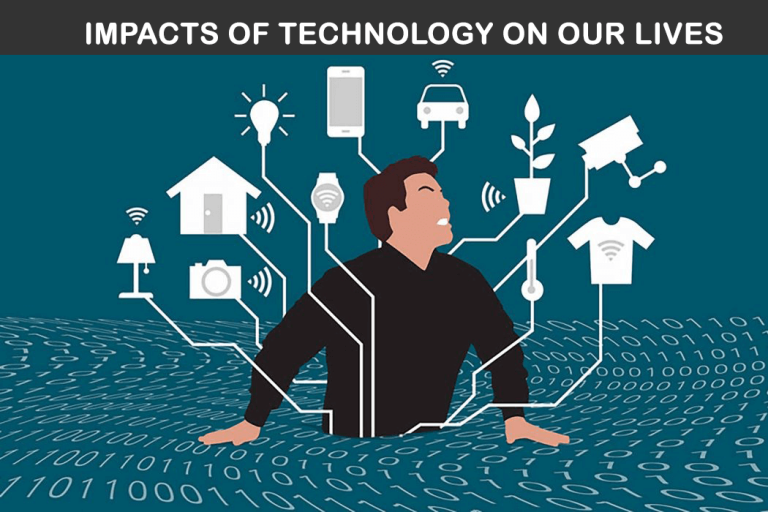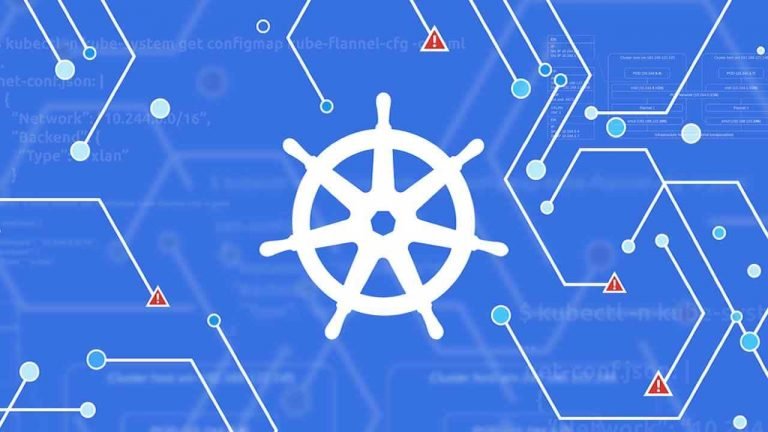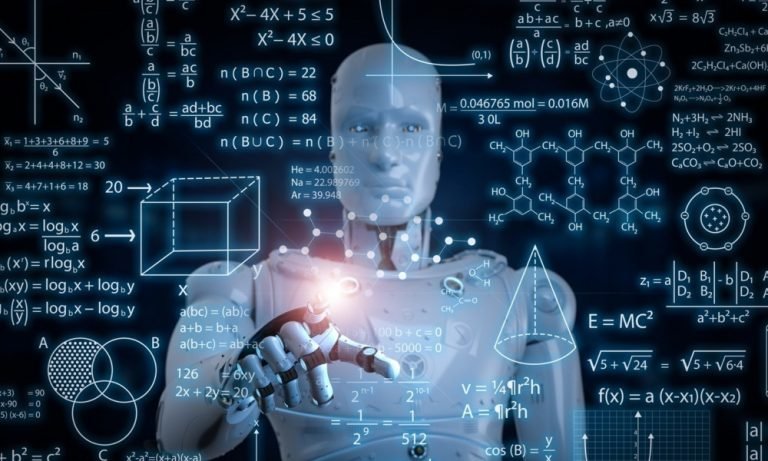Building Blocks of an Engineering Career
Everyone’s response when a student says that “he likes to build…” or “he wants to build (blank) when he grows up?” Would your initial acknowledgment be to tell the student about engineering? The matter is, lots of people don’t connect engineering to these types of teachable stages. It’s a hidden opportunity to announce students to a successful career.
Here’s an approach you can respond to: Engineers are trailblazers! They do mind-blowing things like design and create buildings, bridges, and low carbon cities. Engineers are people who deal with problems and make things work.
There are up to 200 types of engineering. This has lead to some confusion among students. Just like sports can be grouped into areas like football, baseball, soccer, tennis, etc. The different types of engineering can be organized into specializations which include chemical, civil, electrical, engineering sciences, mechanical, petroleum.
Innovation and Creative Ideas
Engineers use creative ideas, Then these ideas are used with principles of science and math. To establish solutions for problems. Most of the engineers develop new products. Along the process, they acknowledge some of the factors. For example, in the process to build an industrial robot, engineers focus on the functional requirements accurately. which they design and test. Then merge the components to produce the final design, and figure out the design’s overall effectiveness. This process applies to develop different products, such as chemicals, computers, power plants, and toys, etc.
What is an Engineer?
Engineers change the world by building creative, businesslike solutions. That makes a change in our lives. Engineers work with smart people. To come up with, design and create things that matter. An affection for math and science is not the only thing to be an engineer; you just need to be able to do it.
How to Become an Engineer?
Countries with the basic syllabus in Highschools with the science-engineering programs. That highlights math, chemistry, and physics bring the fundamentals for engineering careers. Students before the university have the chance of selecting their courses. Then they can set the direction to become an engineer.





